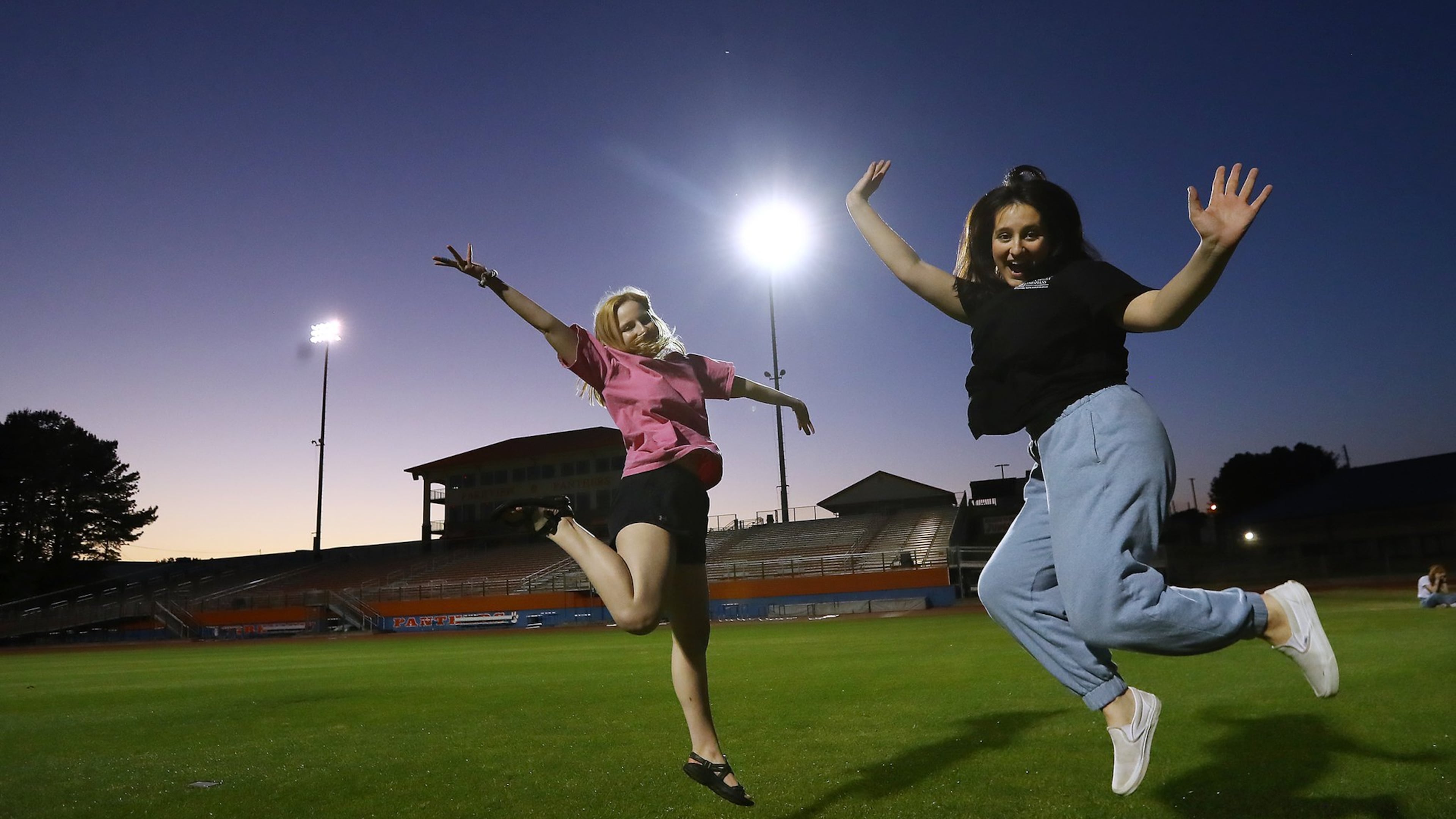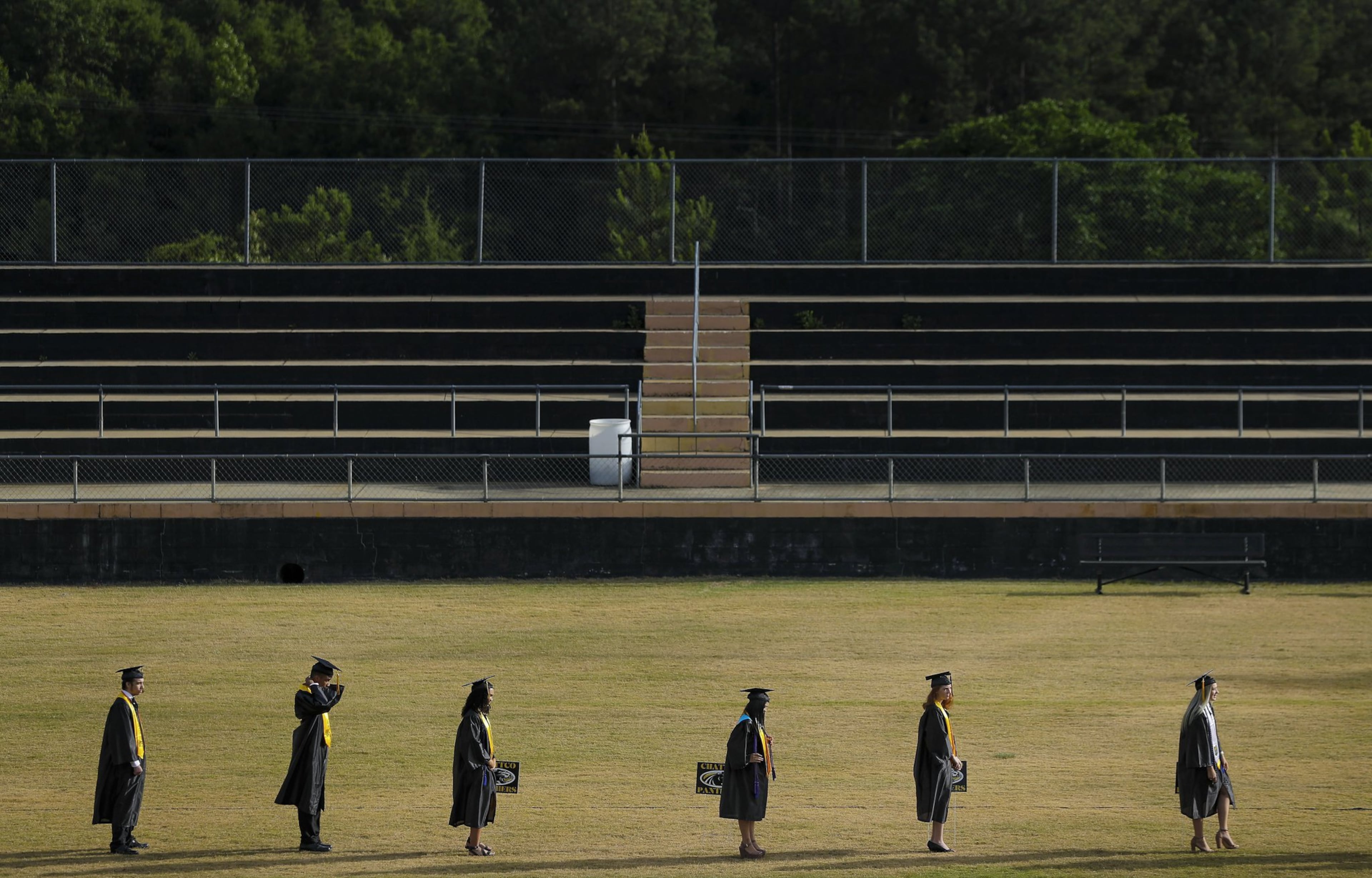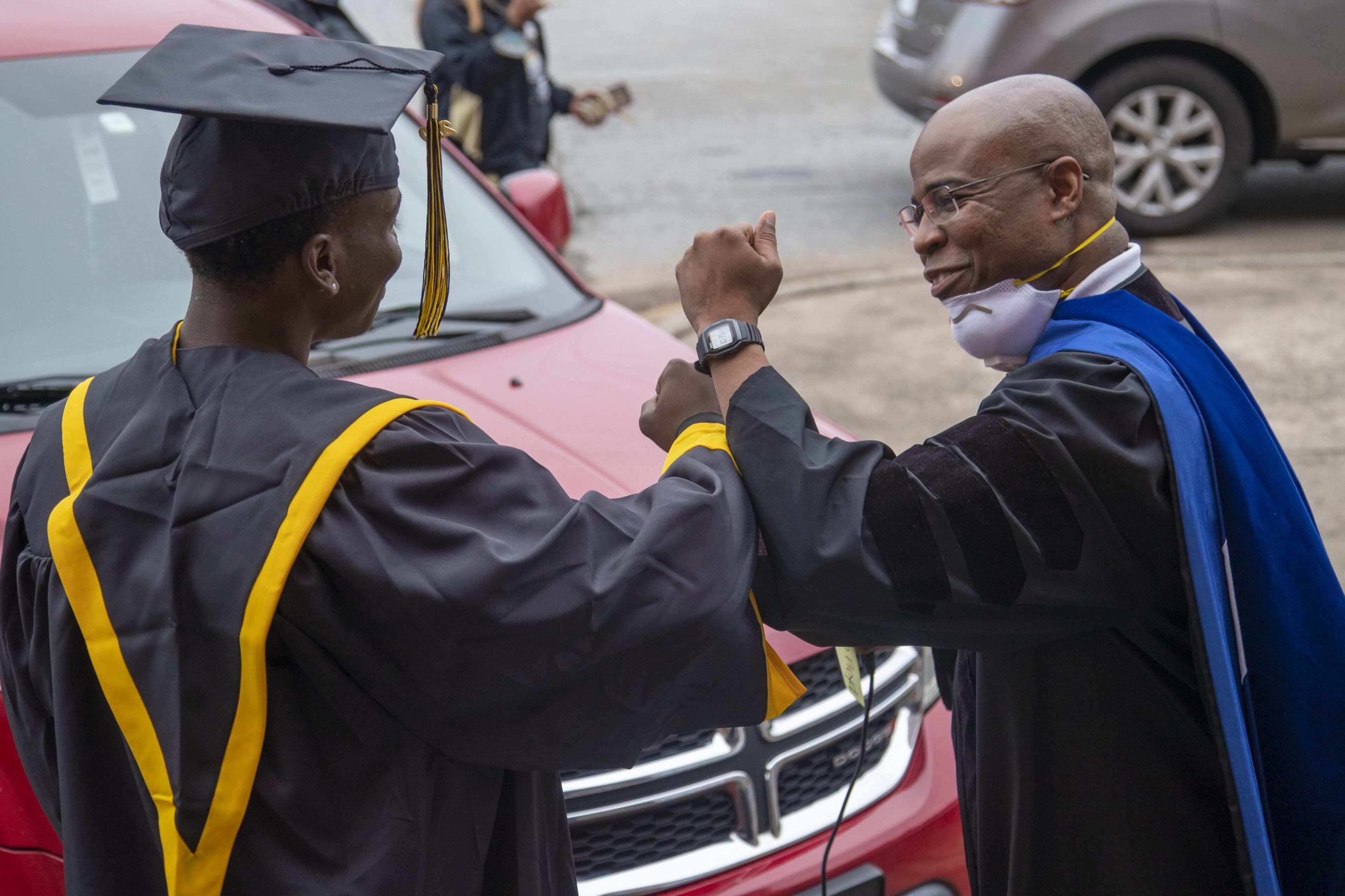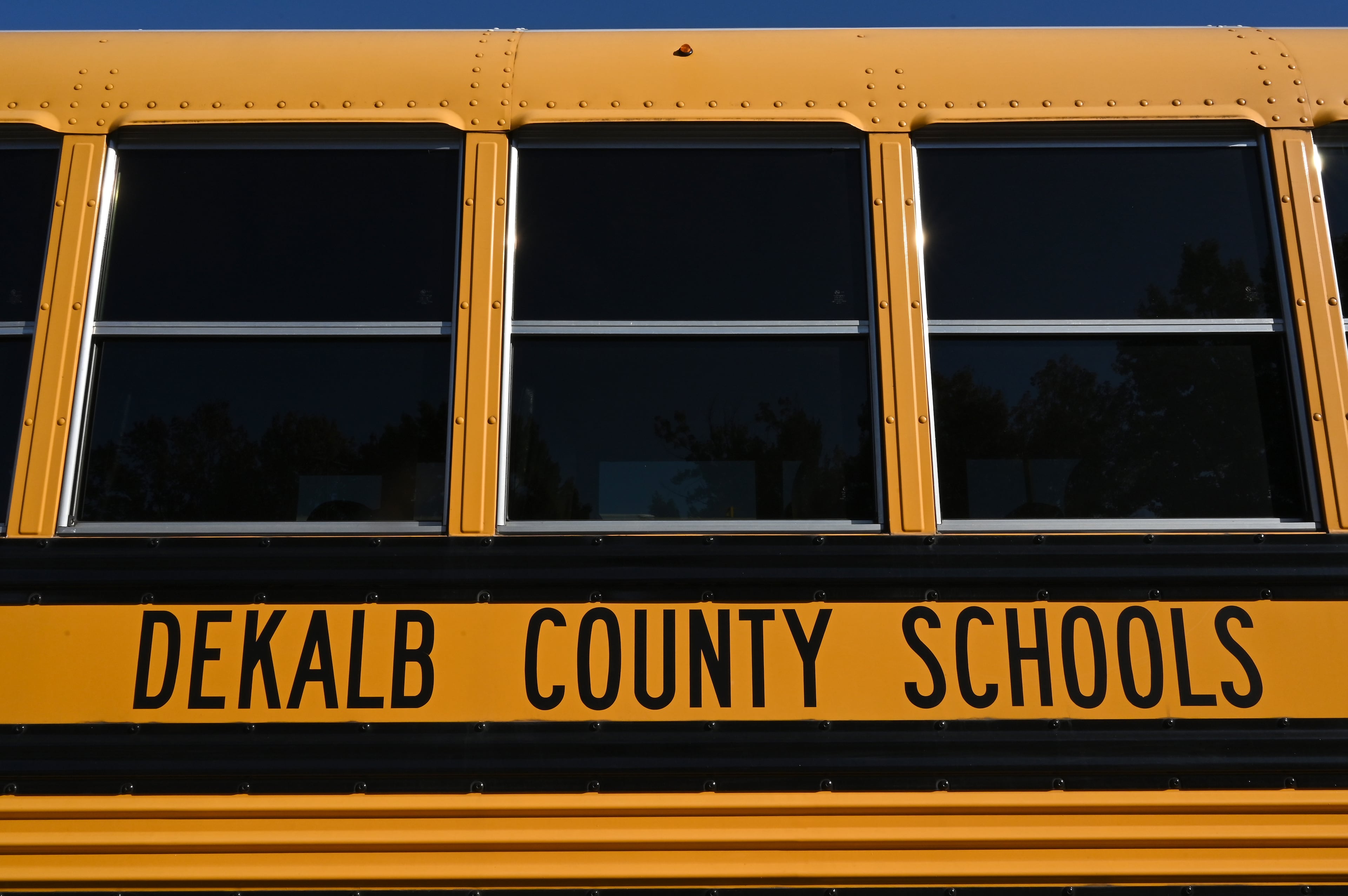COVID crisis forces Class of 2020 to become the Class of Perseverance

This was supposed to be their year.
How cool to graduate in 2020. The paraphernalia alone would be sweet!
Then the unthinkable happened. A virus so powerful swept the planet that it changed life seemingly forever.
Schools closed in March and stayed closed through the end of the semester ending any chance of traditional senior rituals. The in-person experiences that make a final year of high school and college some of the most memorable of our lives were disrupted. There were no sports, no senior weeks, no marches across the stage to receive diplomas.
Instead students and their schools had to adapt. Classes went online, final exams were taken on laptops in bedrooms and at kitchen tables, schools held virtual proms and families hosted drive-by graduation celebrations.

The Atlanta Journal-Constitution talked to about a dozen high school and college graduates about the impact the coronavirus pandemic has had on their senior year and their post-graduation plans. The diverse group of students come from the city, the suburbs and the exurbs. Their backgrounds, races and religious preferences differ, and so do their plans for the future.
But there is one constant among them. They made it through technical glitches in online learning and other challenges to become graduates.
“I think this class will be known as the class of perseverance,” said one of the students, Isabella Salazar, a new Decatur High graduate.

The students began charting their futures through the pandemic. Juan Lopez, who graduated from Gwinnett County’s Peachtree Ridge High, started a YouTube channel. Jordyn De La Rosa, who earned a degree from Brenau University, made protective masks she sold online.
Most of the high school graduates plan to attend college this fall, and Morehouse College graduate John Bowers III has a job at JPMorgan Chase.
But there is some uncertainty; the gray areas of what’s next during a pandemic. After receiving that diploma or degree — whether virtually or in a drive-thru ceremony — they have doubts about what their futures hold.
They’re not alone.
>> RELATED: Class of 2020: Anxious, energized, eager to meet the future
Roughly half of the high school class of 2020’s graduating seniors said their plans after high school have changed as a result of the COVID-19 pandemic, according to a recent national survey by Junior Achievement and the Project Management Institute Educational Foundation, whose mission is to help youth realize their potential and transform lives through project management.

Of those whose plans have changed, more than a third said they will now work, nearly as many expect to delay their start date for college, and almost a fifth changed the career path they wish to pursue.
DeAnna Jackson, Georgia Gwinnett College’s associate director of advising programs, said prospective students are asking standard questions, such as what prerequisite classes they’ll need, and questions that must be asked, like will a certain class be offered? Once a week, the school is holding virtual sessions to advise incoming students. Jackson and others there are working to reassure students that all classes will offered, even if virtually.
“The environment, we can’t control, but what we can do is help make the students feel more comfortable about attending the college,” she said.
And those who are contemplating taking a gap year, going ahead with whatever classes will look like in the fall or something in between, don’t have to feel as if they’re going it alone.
No matter what students decide to do, they must first take care of their physical and mental health, said Laura Morse, a licensed psychotherapist who specializes in teens and young adults.

“The shutdown was very abrupt and many students thought they’d be back in class by graduation. Many are scared and confused. There’s no playbook for what’s happening now,” she said.
RELATED: Amid virus, U.S. students look to colleges closer to home
RELATED: How Georgia's HBCUs are coping during the coronavirus pandemic
Today’s young people are used to having full schedules of sports, music and other extracurricular activities. Virtually with a finger snap all that went away.
“Many students have their identities wrapped up in these external things. Without them, they’re going through stages of grief,” she said.
Morse has a child in college and another in high school. She’s seen firsthand how the pandemic has stripped away part of their purpose and even their identities.
“I see my son moping and I ask what I can do to make it better. His response is always ‘nothing.’ And my daughter was never a big video game fanatic but she finds playing Animal Crossing calms her.”
She urges young people to find new ways to define themselves and see joy and fulfillment.
Henry Xuan, 18, who graduated from Lambert High in Forsyth County, is practicing that by writing letters to friends expressing his love for them. Xuan may attend Harvard University this fall or take a gap year.
“Before quarantine started it was easy to be really, really busy and have excuses for not being present,” he said. ” … Our future impact in the world will be defined by how we handle the situations thrust upon us. If it’s anything that this decade has taught us, it’s that we should strive to follow our vision.”
How COVID-19 pandemic affected the Class of 2020
By the numbers
49% changed post-graduation plans
36% will work instead of going to college
32% expect to delay their start date for college
16% changed the career path they wish to pursue
40% had jobs in high school; of those 49% said they or their families depend on their income for living expenses
40% said COVID-19 affected their plans to pay for college
35% who are planning to attend college now say they are less excited to go.
58% will attend college
Of those planning to attend college:
53% are concerned about dorm life
44% worry about athletics and school-sponsored events
40% are nervous about social distancing in dormsand dining halls
Source: Junior Achievement and the Project Management Institute Educational Foundation survey




